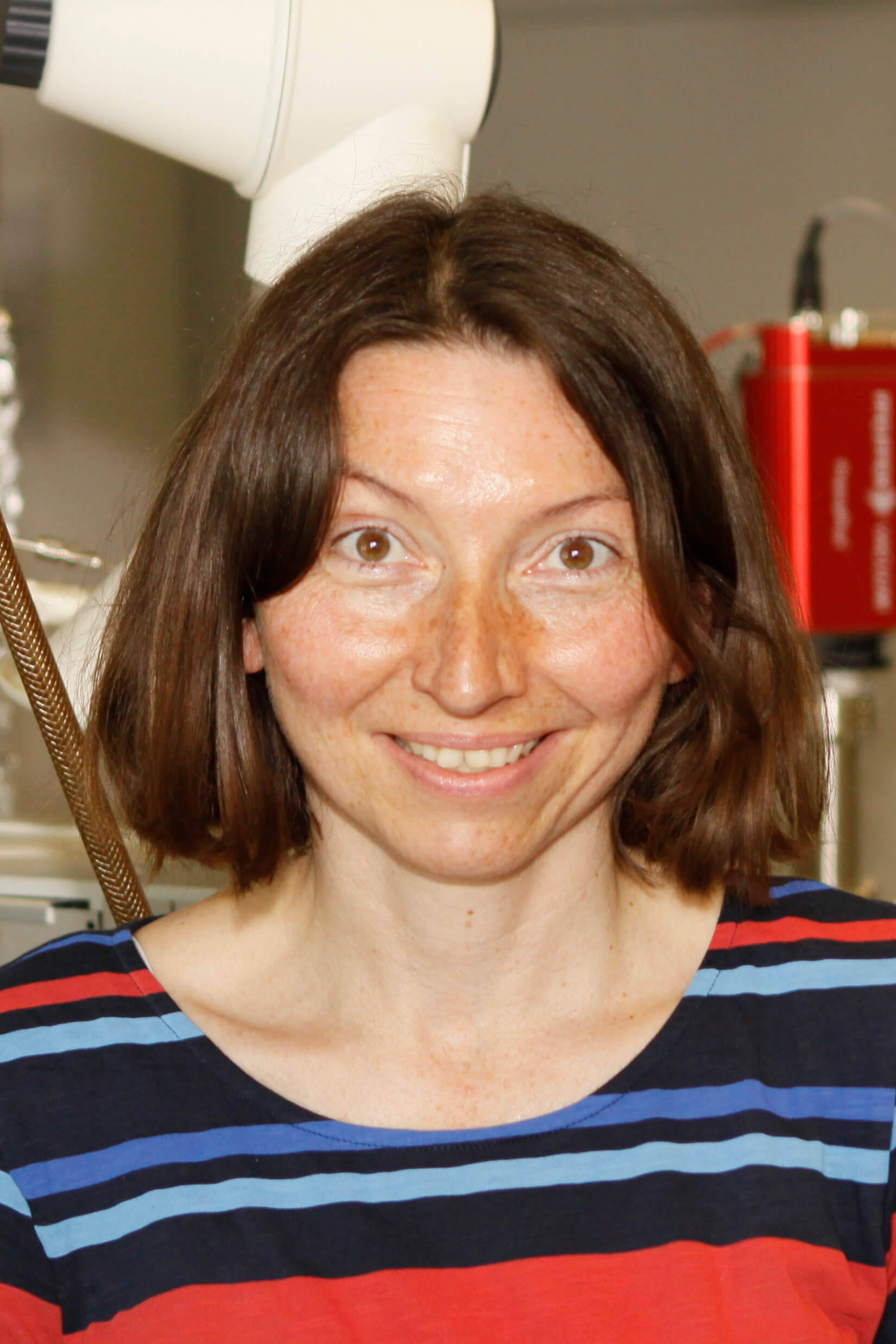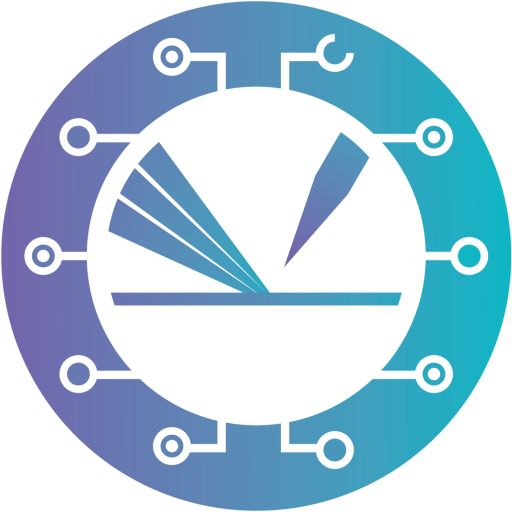
Research interests
Heterogeneous catalysis and materials chemistry, oxide supported (bi)metal nanoparticles, reducible oxides, in situ/operando spectroscopy, vibrational spectroscopy, X-ray spectroscopies, reaction kinetics, structure-performance-relationships, reaction mechanism studies, environmental catalysis, catalytic reactions related to H2, defect chemistry.
Head of research group for technical catalysis: facilities and expertise include operando IR (gas and liquid/solid interface), temperature programmed methods, kinetic measurements, basic characterization, synthesis lab, operando cells and equipment for performing synchrotron experiments. Collaborations with theoretical groups, experimental groups and industry.
Most relevant scientific results
- Unraveled the reaction mechanism of methanol steam reforming on Pd-Ga intermetallic nanoparticles on Ga2O3 by modulation excitation IR spectroscopy. Identified the importance of the defective oxide surface nearby the intermetallic particles for the methoxy and formate chemistry [1]. Observed in situ formation of PdZn and Pd2Ga during methanol steam reforming by combining NAP-XPS and EXAFS. Revealed the instability of the intermetallic surface under reaction conditions and thus the origin of unwanted CO formation [2,3,4].
- Established structure-selectivity relationship for PdCu alloys in hydrodechlorination of trichloroethylene, ethane vs. ethylene formation was correlated with the microstructure [2]. Defects in Pt-ceria were proposed to determine the selectivity to ethylene in the same reaction.
- Revealed the detailed mechanism of carbonate formation from CO2 and CO on Al2O3 and ZrO2 surfaces by applying FTIR spectroscopy of labelled compounds and the effect of small amounts of chloride synthesis residues on carbonate formation [5].
- Determined the active phase of Co3O4 in PROX and CO oxidation, connected selectivity to different pathways with Co oxidation states present by NAP-XPS, XRD, IR and XAS [6,7]. Investigated the reaction pathways and detected fast re-oxidation of oxygen vacancies on a partially reduced surface, CO disproportionation/dissociation on vacancies and an unexpected high reactivity of the formed carbon with O2 by NAP-XPS and FTIR [6].
- Determined reaction kinetics of ethanol selective oxidation in liquid and gas phase on Au/TiO2 and AuAg/TiO2 catalysts; liquid phase studies in collaboration with the van Bokhoven group in Zurich [8]; gas phase reaction kinetics was explained with the help of a detailed coverage-dependent microkinetic model including reaction path analysis in collaboration with the Saeys group in Ghent [in prep.]
- Determined the surface composition of bimetallic CuNi/ZrO2 particles in methane decomposition by NAP-XPS and identified a change from a Cu-enriched surface to a Ni-enriched state when activity for H2 formation sets in [9], process is driven by the interaction of Ni with CHx species, confirmed by theoretical studies.
- Studied various formulations of promoted MoS2-based catalysts for CO2 hydrogenation and determined surface composition and adsorbates by NAP-XPS to get insight into reaction mechanisms [10].
Career
- 2018-present: Associate Professor at Institute of Materials Chemistry, TU Wien
- 2007–2017: Tenure Track Position (University Assistant and Assistant Professor) at TU Wien, Group Leader of the “Technical Catalysis” research group
- 2008–2011: Visiting Scientist at University of Glasgow, Department of Chemistry, UK (Dr. Lennon), at the ETH Zürich, Institute for Chemical and Bioengineering, Switzerland (Prof. van Bokhoven), and at the Universidad Rovira i Virgili Tarragona, Spain (Prof. Medina)
- 2006–2007: Postdoc with Prof. G. Rupprechter. Research fellowship of the Max-Planck-Society (FHI Berlin, Prof. Schlögl)
Education
- 2014: Habilitation in Physical Chemistry, TU Wien, Austria
- 2005: Ph.D. in Technical Chemistry (Dr. techn.), TU Wien, Austria
- 2001: M.Sc. in Technical Chemistry (Dipl.-Ing.), TU Wien, Austria





